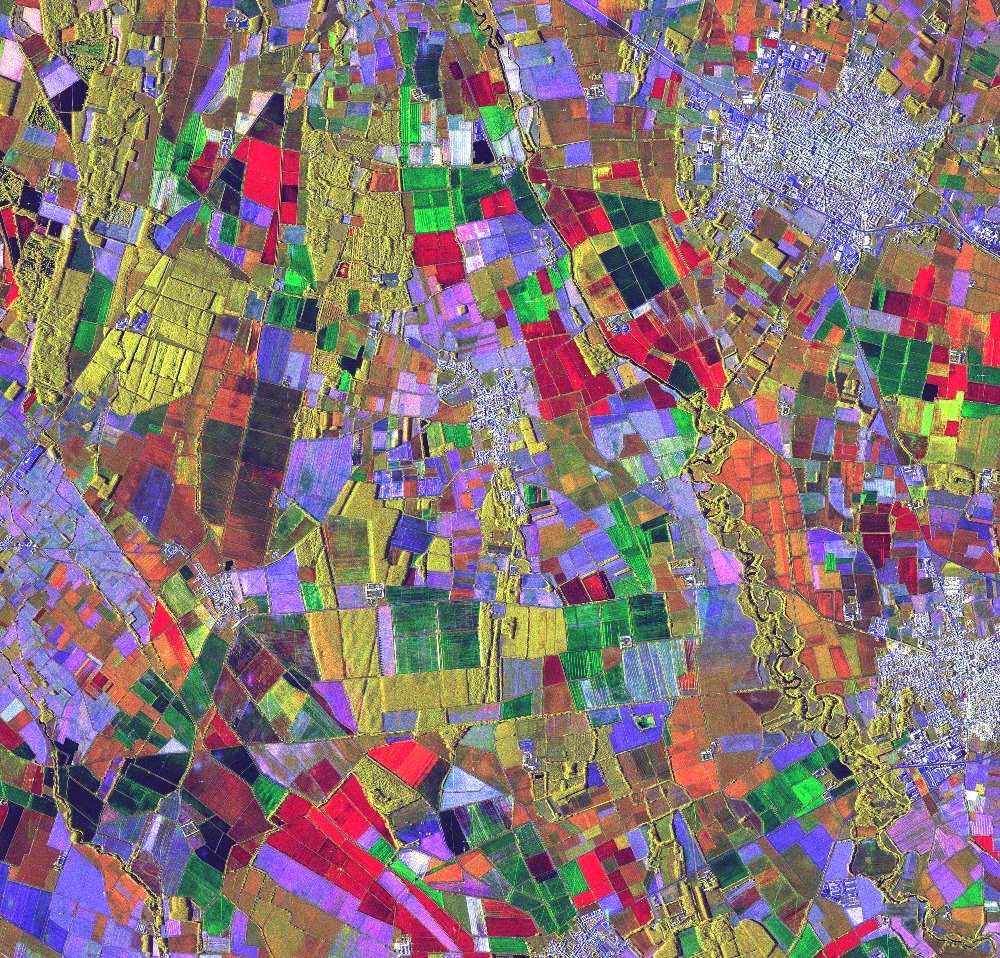The big brother in the farmland is afraid to become a killer of small farmers. Farmers hand over data to technology giants and become their own gravediggers.
341 sharing
Big Brother (the symbol of surveillance power) is silent, but he can't escape our every move on Google, and he knows our habits of likes, posts and friends on Facebook. A large number of big data feeds day and night, and Big Brother follows us like a shadow, changing the way we communicate (like a mysterious formula that determines that you will read this report), influencing the mode of thinking, and seducing the desire for consumption. He has upended many industries, such as journalism, which is still fumbling for its way out.
The Big Brother in the novel "1984" is fully monitored through the telescreen, but it is easier for the Big Brother in the data age, waiting for huge amounts of data to flow in automatically. Even the oldest industry, agriculture, can't get rid of the influence of Big Brother data. He came to the countryside, entered the ranch, smartphones, apps, sensors, drones, robots, satellites and so on, all came.
The digitization of agriculture is full of potential and charm, but technology is also like a beast out of the floodgate. Without careful planning, it may be swallowed up by side effects. With the advent of artificial intelligence and robots, Theo de Jager, president of the World Farmers' Organization (WFO), is worried, "We may not need farmers at all in the future."


Experts from various countries gather at FAO to discuss the future of agricultural digitization (Photography / Zheng Jieyi) the digitization of agriculture, which will rewrite the rules of the game.
"the digitization of agriculture will rewrite the rules of the game." Mr Diajie says the pace of change will accelerate in the next five years.
In mid-October, the small conference room at the headquarters of the United Nations Food and Agriculture Organization (FAO) in Rome was packed with government officials, representatives of international organizations, researchers and civic groups from around the world, concerned about how digitization would reshape agriculture and rural areas, affecting farmers' livelihoods and consumers' dining tables.
With the rapid development of artificial intelligence, Internet of things and high-speed network, Big Brother has made great strides in the countryside from virtual to physical monitoring. Sensors record the temperature and humidity of soil and plants, measure the direction and intensity of the wind, and transmit data at any time. Drones capture changes in vineyards in great detail, making the use of medicine and fertilizer more accurate. The crop type, growth stage, soil state and water distribution planted in the field can not escape the observation of artificial satellite. Pigs wear chips, and the amount of feed to be fed is controlled by a computer. In farms monitored throughout the process, the physiological status of chickens can be accurately grasped and revenue can be estimated.

- Prev

Local food hands make pizza fragrant campus Miaoli push "eat in season, eat locally"
Miaoli is an agricultural county with rich agricultural products in 18 townships and cities. The county-17 schools in remote areas have been selected since the 108 academic year to promote the "local food creative cooking experience course" to enable students to further understand the local agricultural production materials.
- Next

The possibility and predicament of creation from civil servants to local governments
The possibility and predicament of creation from civil servants to local governments
Related
- A course of planting techniques and methods on how to grow carrots
- How to plant the latest tulips?
- Is it better to pick tea in the morning or in the afternoon? When is the best time for tea to be picked? what is the third or fifth tea?
- Launch Yuanxiao Happy combination Haocha + Tea Yuan healthy Taste
- Penghu Tourism "Fireworks 20 Parade with You"
- 2022 West Lake Happiness holds "Digital Revitalization Voucher" and draws iphone13 and laptop.
- Banqiao Fuzhou social houses are designed to change start-up combined with police elimination to create a safe and livable environment
- The convenient measure of "mechanical weeding" in Xinbei has been abused and the Agriculture Bureau has imposed heavy penalties on the illegal land consolidation.
- Changgeng University Joins Hands with Four Memory Factories to Rescue Memory Talent Shortage
- The list of Taiwan's top 100 MVP managers is listed by the Director-General of the Farmers' Association of Sanxia District.

